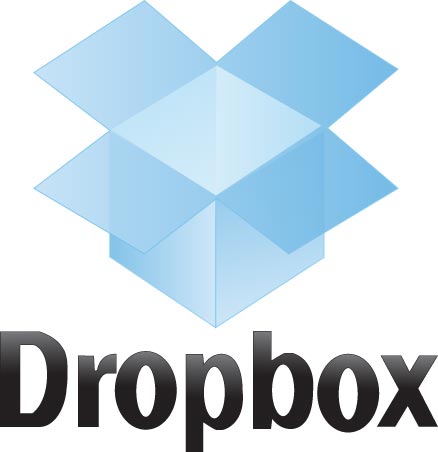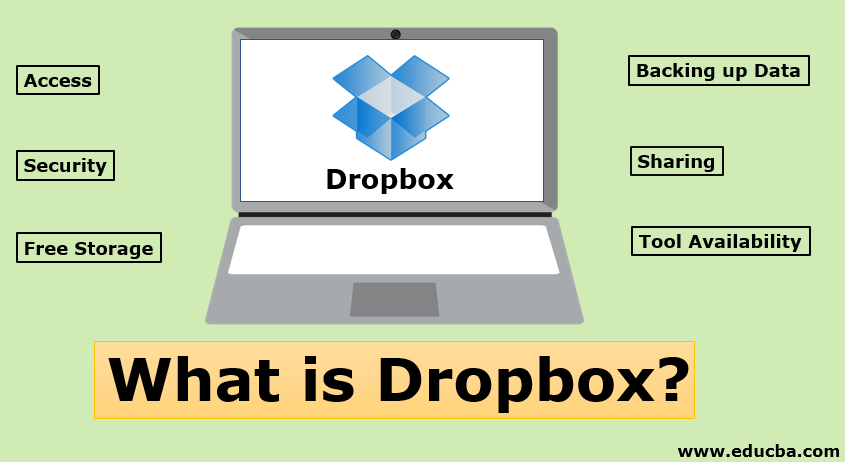
Is it more cost efficient to stay on prem or use the public cloud? We are operating at scale where customization is cost-efficient. “Cost isn’t number one, but it’s in the top three-and there are three things we look at when we make a decision about hardware.

As the senior director of platform strategy and operations at Dropbox, Ali Zafar, tells us, the most important drivers center around control and flexibility. Despite a world awash in exciting new options for boosting I/O and storage capacity, the name of the game at Dropbox is optimizing that on-prem infrastructure around three key goals-and surprisingly, cost isn’t at the top of the list. and continued popularity of their service, Dropbox is thinking about what lies ahead for storage infrastructure. Thus began one of the largest migrations in early webscale history, with Dropbox moving from AWS to its own datacenters with the centerpiece being its own Magic Pocket software and hardware that had been hard-optimized for just exactly what Dropbox is known for-storage and quick retrieval of data. Dropbox was one of the much-heralded use cases for Amazon’s S3 service as far back as 2013 but it quickly became clear that being a cloud-native business came with significant costs, not just in dollar terms but in flexibility of the underlying infrastructure as well. In the company’s early days, the key to growth and scalability was on the public cloud. And at the heart of it all-now and for at least the next five years-is based on disk and with the exception of international locations, all on-prem. The company’s custom-built system for storing and managing the hundreds of billions of user content items (with multiple petabytes uploaded daily) has had to stand the test of time, performance, and cost pressures.

When it comes to exascale storage capacity, the national labs have nothing on Dropbox.

The various life-extension technologies that will keep disk at the forefront of some of the largest storage installations are working–and keeping disk’s largest consumers, like Dropbox, around for long haul…


 0 kommentar(er)
0 kommentar(er)
